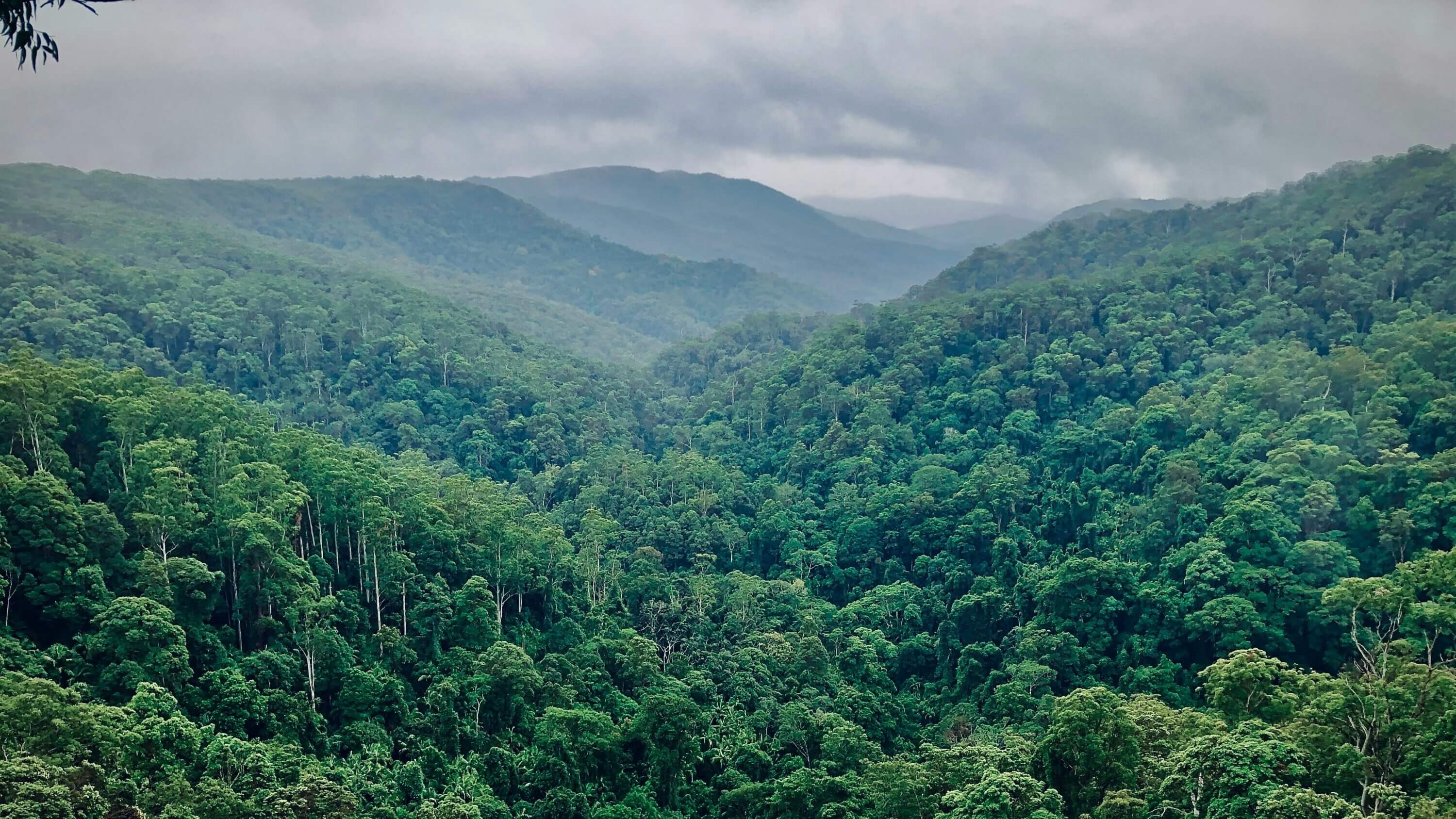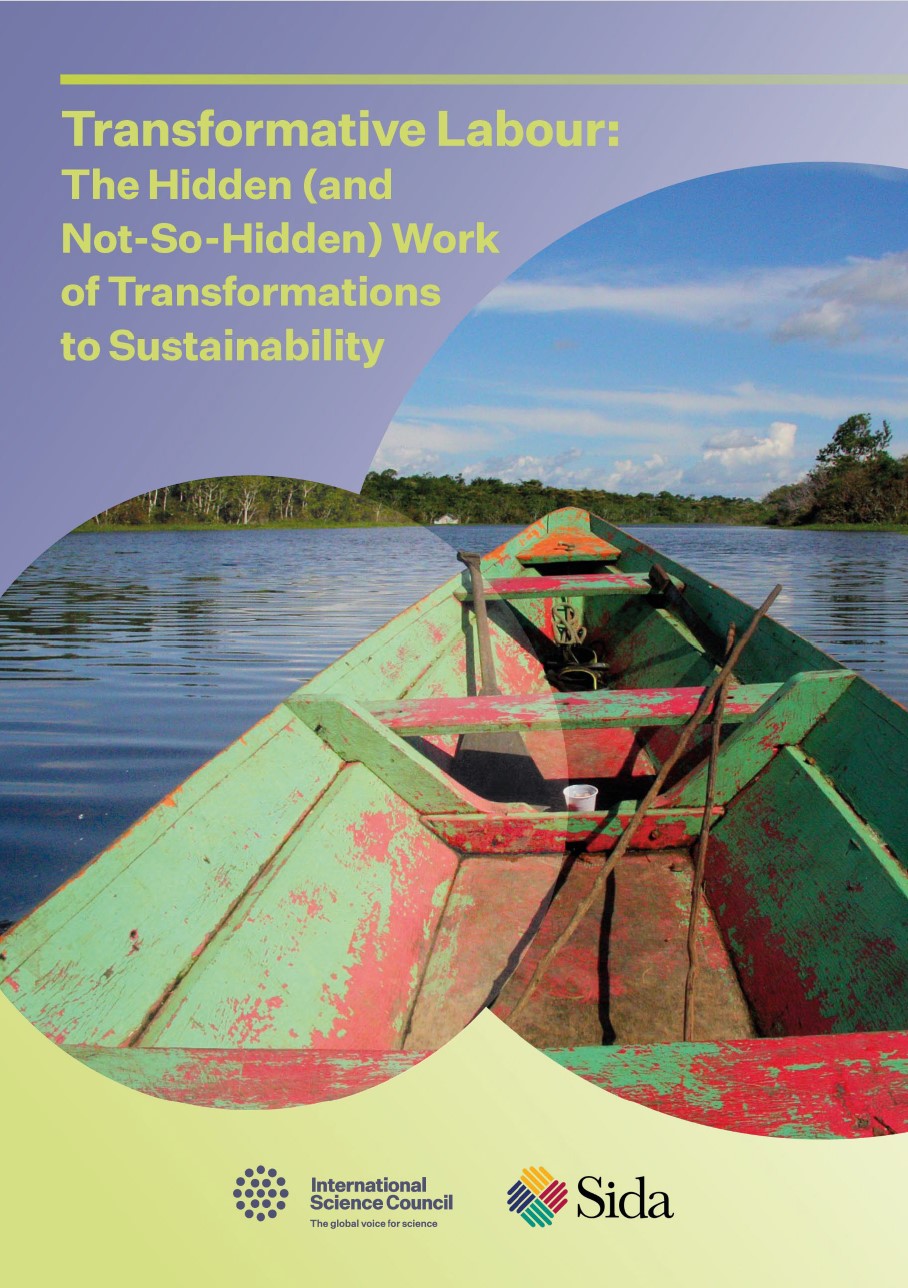
The Transformations to Sustainability (T2S) programme, launched by the International Science Council (ISC) in 2014 with support from the Swedish International Development Cooperation Agency, aimed to advance the contribution of social science to global environmental change research and action by increasing social science research capacity in sustainability, supporting participation and leadership from the Global South, and promoting the use of high-quality social science knowledge in practice and policy. A second phase of the programme starting in 2017, with the participation of the Belmont Forum and the NORFACE network, made the T2S programme one of the most significant international funding efforts for social science research on sustainability to date.
The programme was premised on the principle that understanding and responding to global sustainability challenges requires a focus on the social dynamics of change and transdisciplinary approaches that include all relevant knowledge holders, including groups who are often marginalized. Researchers worked with communities to frame the research questions and shape and conduct the projects, on a wide variety of sustainability challenges, including the effects of climate change on water and ecosystems, wildlife conservation and natural resource extraction – among many others.
New reports published in July 2024 offer an overview of some of the insights gathered over the programme’s nine years. Here are some of the key lessons learned:
One of the main lessons from the T2S programme confirms the premise of the programme: research that brings together all relevant disciplines and includes academic and non-academic perspectives leads to more comprehensive, legitimate and widely acceptable responses to global sustainability challenges.
Integrating those different perspectives was vital to projects like Academic-Activist Co-Produced Knowledge for Environmental Justice (ACKnowl-EJ). Based in South America and South Asia, the project combined the knowledge and expertise of researchers and community members to look at how movements opposing resource extractivism can design more sustainable alternatives.
The project connected scholars with activists to guide research to support social movements and advocacy work, aiming to “empower communities to push for change”, according to the ACKnowl-EJ team.
Those relationships, and the collaborative work developed during ACKnowl-EJ, were “perhaps the most important transformations” to come out of the project, researchers wrote. “The project was hugely successful in creating generative almost sacred spaces at each of our project meetings,” they noted in a report. “Our early career, PhD and activist researchers, as well as our board members often commented that they had never been in an academic space that operated in such a way,” they added.
T2S looked at significant transformations which often happen over long periods of time – like the “Securing tenure, sustainable peace?” project (SecTenSusPeace), which looked at land title issues in the context of conflict. The types of transformations studied can take years or decades – and while short-term study can still be useful, it can capture only part of the process, and can mean researchers miss out on the full potential of their work.
The cumulative experience across the 15 T2S projects also showed the importance of continuity, both in terms of how researchers engage with communities and with their partners. The strong relationships T2S researchers formed with each other and the communities involved in their projects were a valuable research product on their own; over the long term, these relationships can help make future projects even more effective.
Each of the T2S projects involved researchers in at least three countries. The research programme as a whole prioritized collaboration between people based in the Global North and South – which many of the teams reported was an important success factor.
Spanning three countries in the Amazon region, the AGENTS project included experts in environmental science, anthropology and governance studies from Europe and North and South America. The research partnership looked at forests and ecosystems from space and up close on the ground, evaluating conservation practices and how land use in the region has changed.
The research also drew heavily on Indigenous perspectives from the Amazon region: “Local knowledge and cultural memory are crucial for sustainability pathways because they maintain flourishing cultural and biological diversity,” the research team noted.
Learning from the T2S programme also suggests that research on transformation that engages communities can in turn create its own transformations.
Those can be immediate, as with research-based policy recommendations. Or they can be more long-term: T2S teams also found that the conversations that happen and spaces that are created when community members are involved in research can become a way to encourage positive change.
In the Transforming Unsustainable Pathways in Agricultural Frontiers (TRUEPATH) project in Nicaragua, researchers looked at transformations to sustainability around “agrarian frontiers” – areas where agricultural land use changes, often resulting in social and environmental conflicts. Researchers organized workshops where community members got involved in weather monitoring projects and talked about development and environmental issues affecting their region. Those conversations in turn helped to establish a network of community members whose advice informed the strategy to kickstart a regional green microfinance project, the TRUEPATH team explained.
Capacity building and knowledge exchange between researchers and communities – particularly early-career scientists – can itself be transformative. Long-term, this will strengthen the ability of researchers and individuals to take on the type of complex sustainability challenges considered by T2S.

Programme Design for Transformations to Sustainability Research: A Comparative Analysis of the Design of Two Research Programmes on Transformations to Sustainability.
Mukute, M., Colvin, J., Burt, J. 2024. Programme Design for Transformations to Sustainability Research: A Comparative Analysis of the Design of Two Research Programmes on Transformations to Sustainability. Belmont Forum, International Science Council, NORFACE. DOI: 10.24948/2024.02
Social Transformations to Sustainability through a Critical Lens: Integrative insights from twelve research projects funded under the Transformations to Sustainability research programme.
Moser, S. 2024. Social Transformations to Sustainability through a Critical Lens: Integrative insights from twelve research projects funded under the Transformations to Sustainability research programme. Belmont Forum, International Science Council, NORFACE. DOI: 10.24948/2024.03

Transformative Labour: The Hidden (and Not-So-Hidden) Work of Transformations to Sustainability. Integrative Insights from Three Transformative Knowledge Networks.
Moser, S. 2024. Transformative Labour: The Hidden (and Not-So-Hidden) Work of Transformations to Sustainability. Integrative Insights from Three Transformative Knowledge Networks. International Science Council. DOI: 10.24948/2024.04
Picture by Waren Brasse on Unsplash